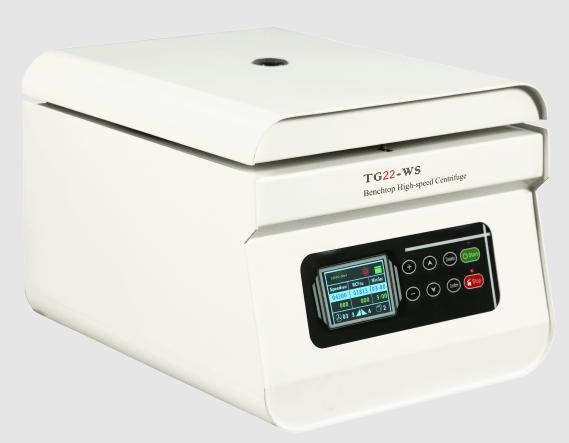In the realm of scientific research and diagnostics, the refrigerated centrifuge stands as an extraordinary tool, harmonizing the force of centrifugation with precise temperature control. This specialized instrument plays a pivotal role in isolating and safeguarding samples at low temperatures, rendering it indispensable across various fields of study. From the realms of cell culture and molecular biology to clinical diagnostics and pharmacological research, the refrigerated centrifuge boasts a myriad of applications that significantly contribute to the attainment of accurate analysis and dependable results. In this article, we shall explore the multifaceted uses of refrigerated centrifuges and their profound significance in propelling scientific understanding and enhancing diagnostic capabilities.

Cell Culture and Molecular Biology:
Benchtop refrigerated centrifuges are vital in the realms of cell culture and molecular biology research. They serve as indispensable tools for the separation of cells, organelles, and biological components like DNA, RNA, and proteins. The cooling feature inherent in these centrifuges plays a pivotal role in preserving sample viability and integrity, empowering researchers to isolate and scrutinize these biological materials without compromising their quality.
Protein Biochemistry:
Given the sensitivity of proteins to temperature fluctuations, refrigerated centrifuges offer a controlled environment crucial for protein purification and analysis. They aid in maintaining the stability and activity of proteins during separation, thereby averting denaturation and degradation. This aspect proves instrumental in unraveling the intricacies of protein structure, function, and interactions.
Clinical Diagnostics:
Refrigerated centrifuges find extensive utilization in clinical laboratories for diagnostic purposes. They are instrumental in segregating blood samples into various components such as plasma, serum, and blood cells. The cooling feature ensures the stability of labile substances such as enzymes and metabolites during analysis, thus ensuring the attainment of accurate diagnostic results.
Pharmacological Research and Drug Development:
In the realms of pharmacological research and drug development, refrigerated centrifuges assume a pivotal role. They aid in the separation and purification of active pharmaceutical ingredients (APIs) and facilitate the study of their physical and chemical properties. The cooling capability of these centrifuges ensures the maintenance of drug stability, enabling researchers to accurately evaluate efficacy and toxicity.

Microbiology and Environmental Research:
Refrigerated centrifuges find extensive application in concentrating microorganisms from culture media, such as bacteria and yeast, in microbiology research. Their low temperatures aid in preserving the viability of delicate organisms during separation. Additionally, they are indispensable in environmental research for analyzing temperature-sensitive compounds and microorganisms present in soil, water, or other environmental samples.
Biochemical and Biotechnological Studies:
Refrigerated centrifuges play a pivotal role in various biochemical and biotechnological studies. They facilitate the separation and isolation of cellular components, the study of enzyme kinetics, DNA sequencing, and investigations into metabolic pathways. The cooling feature ensures sample stability and integrity throughout these processes, thereby contributing significantly to scientific exploration.
In summary, the applications of refrigerated centrifuges in scientific research and diagnostics have proven to be indispensable, revolutionizing the way samples are handled, preserved, and analyzed. As technology continues to advance, further enhancements in refrigerated centrifuge design, including improved cooling systems, higher speeds, and advanced automation, are anticipated. These developments will undoubtedly expand the capabilities of refrigerated centrifuges, opening new avenues for scientific exploration and diagnostic advancements.